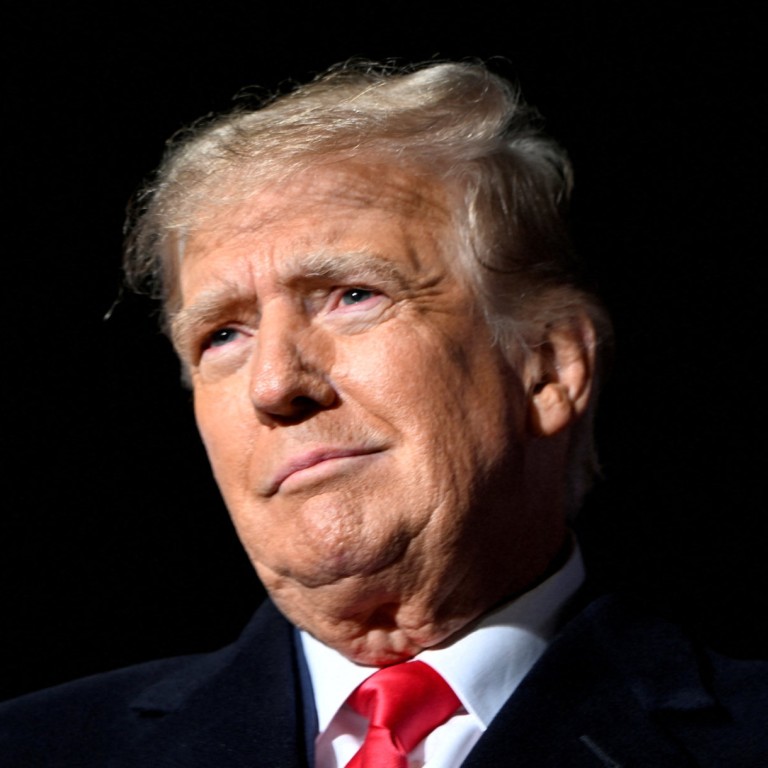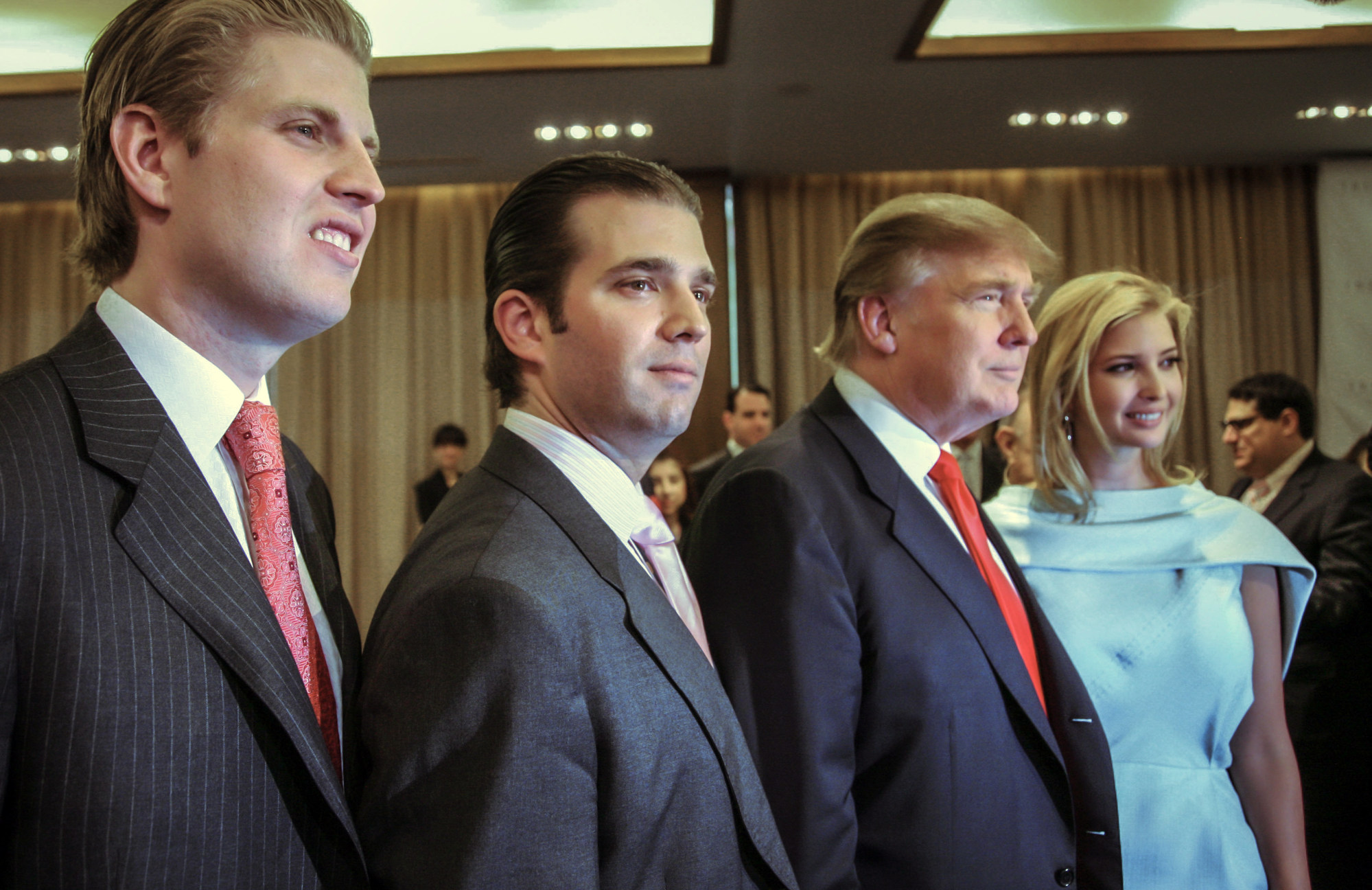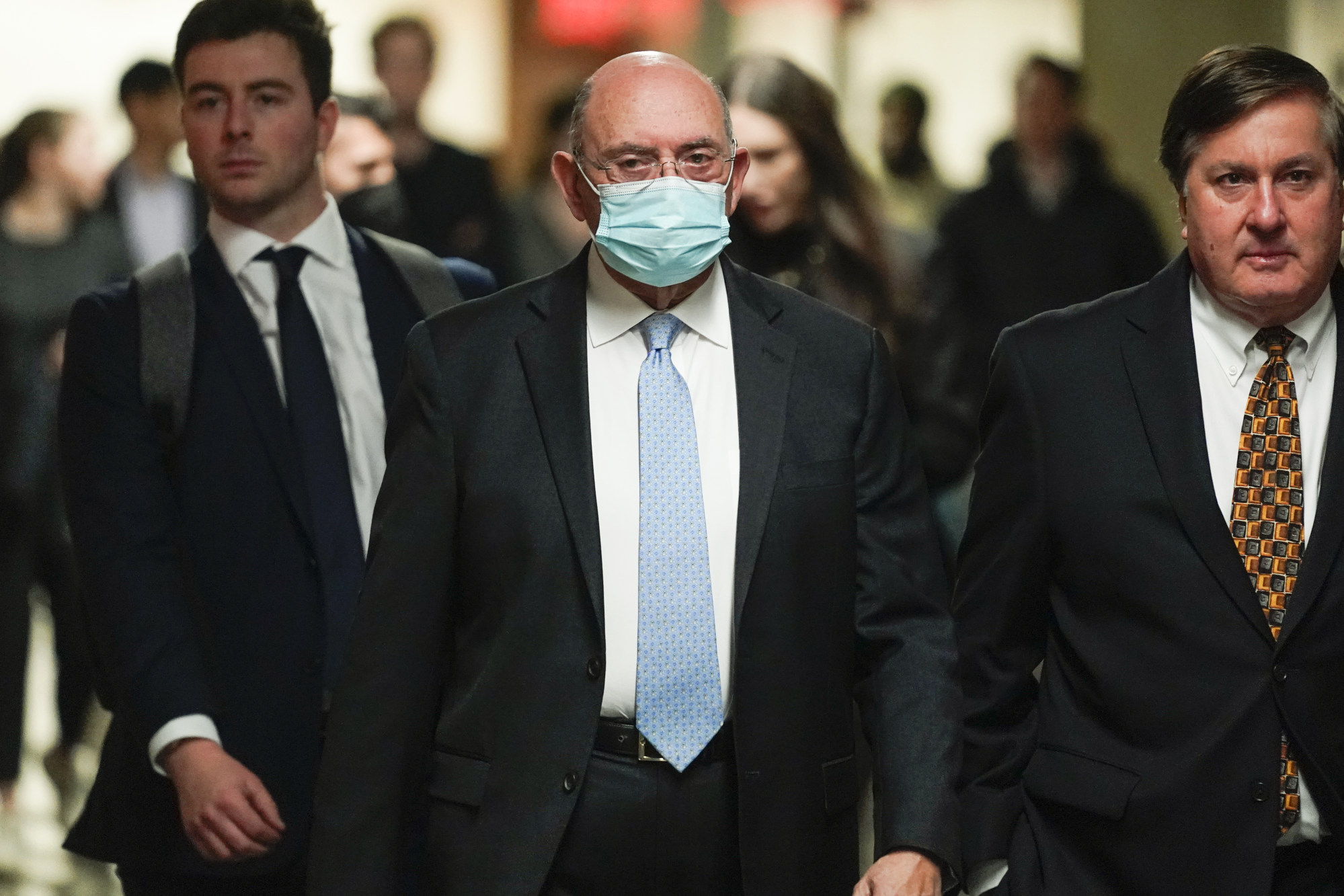
Trump Organization convicted in tax dodging scheme
- The guilty verdict adds to the legal woes the former US president faces as he makes another bid for the White House in 2024
- While the fine the firm faces is unlikely to have much impact, the conviction could complicate its ability to do business by spooking lenders and partners
Donald Trump’s real estate company was convicted on Tuesday of carrying out a 15-year-long criminal scheme to defraud tax authorities, adding to the legal woes facing the former US president as he campaigns for the office again in 2024.
The Trump Organization – which operates hotels, golf courses, and other real estate around the world – faces up to US$1.6 million in fines following the guilty verdicts by a jury on all all 17 counts the firm faced, including conspiracy charges and falsifying business records.
The company had pleaded not guilty. Trump himself was not charged in the case. The judge set a sentencing date of January 13. Alan Futerfas, a lawyer for the Trump Organization, told reporters the company would appeal.
While the fine is not expected to be material for a company of the Trump Organization’s size, the conviction by a jury could complicate its ability to do business by spooking lenders and partners.

The case centred on charges that the company paid personal expenses like free rent and car leases for top executives including former chief financial officer Allen Weisselberg without reporting the income, and paid them bonuses as if they were independent contractors.
“The smorgasbord of benefits is designed to keep its top executives happy and loyal,” prosecutor Joshua Steinglass told jurors during his closing argument on Friday.
The Trump Organization separately faces a fraud lawsuit brought by New York state Attorney General Letitia James.
Trump himself is being investigated by the US Department of Justice over his handling of sensitive government documents after he left office in January 2021 and attempts to overturn the November 2020 election, which he lost to Democrat Joe Biden.
US court rules against Trump to end special master review of Mar-a-Lago files
Weisselberg, 75, testified as the government’s star witness as part of a plea deal with prosecutors that will allow him to spend no more than five months in jail.
The Trump Organization argued that Weisselberg carried out the scheme to benefit himself. He is on paid leave from the company and testified that he received more than US$1 million in salary and bonus payments this year.
“The question here is not whether as a by-product the company saved some money,” Susan Necheles, a defence lawyer, said in her closing argument on Thursday. “[Weisselberg’s] intent was to benefit himself, not the company.”
Trump wrote on his Truth Social platform on November 19 that his family got “no economic gain from the acts done by the executive”.
Republican Trump, who on November 15 announced his third campaign for the presidency, has called the probe a politically motivated “witch hunt”. Both Manhattan District Attorney Alvin Bragg and his predecessor who brought the charges, Cyrus Vance, are Democrats.

Weisselberg, who pleaded guilty in August to concealing US$1.76 million in income from tax authorities, testified that Trump himself signed the Christmas bonus checks and personally paid hundreds of thousands of dollars in private school tuition for Weisselberg’s grandchildren.
He also said Trump’s two sons – who took over the company’s operations in 2017 after Trump became president – gave him a raise after they knew about his tax dodge scheme.
“The whole narrative that Donald Trump was blissfully ignorant is just not real,” Steinglass said.
Trump talk of ending US constitutional rules draws sharp rebukes
The Trump Organization also sought to argue that Donald Bender, an outside accountant, should have caught and blown the whistle on Weisselberg’s fraud.
The company called Bender as its main witness, but his testimony appeared to backfire when he said he trusted that the information Weisselberg gave him was accurate and that he was under no obligation to investigate further.

